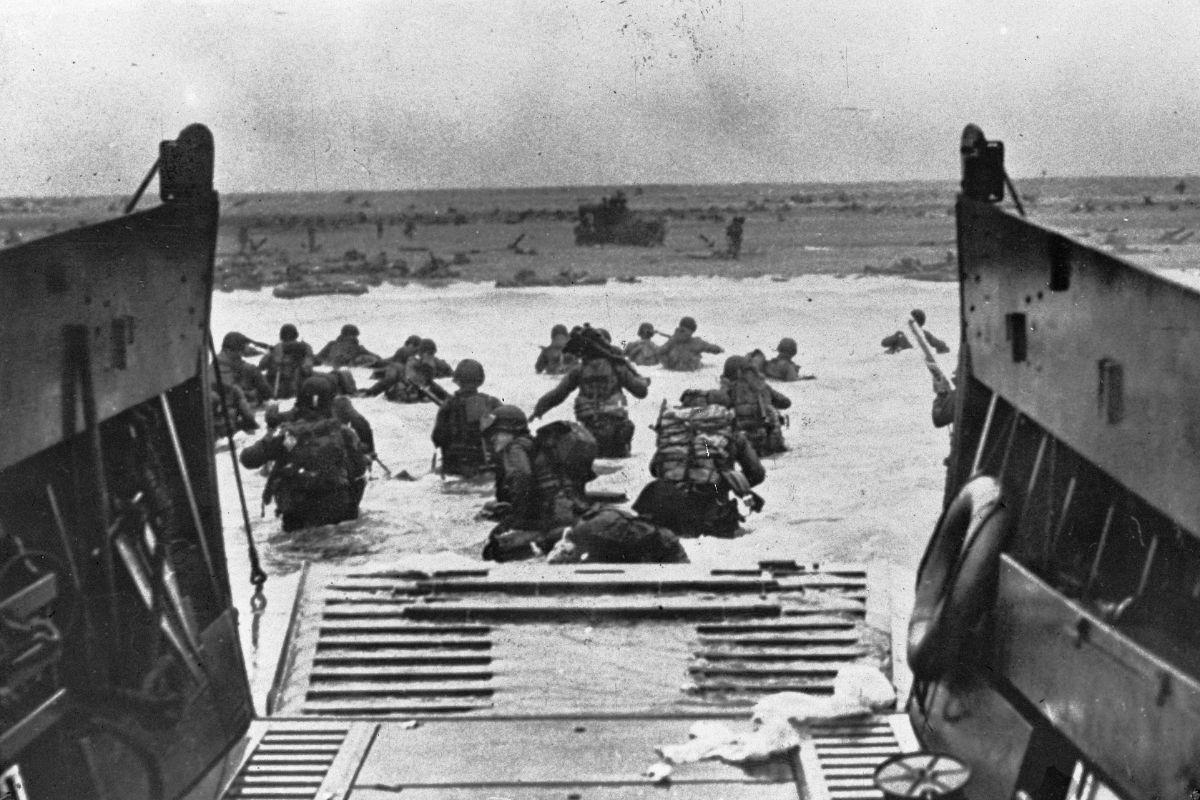
The war in Europe was officially over on May 8, 1945, otherwise known as Victory in Europe Day or V-E Day. The fighting would continue for another month, but Hitler’s last chance at stopping the Allies advancing from the west was lost. While the battle was intended to split Allied lines and force negotiated peace, American forces were able to contain the battle and inflict heavier losses on the German forces. After the victory in Normandy, Paris was liberated in August 1944 as the Allies pushed slowly eastward and the Soviet Union moved toward Berlin as well.Īdolf Hitler launched one final unsuccessful counteroffensive in December 1944 at the Battle of the Bulge, called “the greatest American battle of the war” by Winston Churchill. The D-Day landings broke the Atlantic wall which was thought to be unbreakable and allowed the Allies to successfully complete the liberation of Western Europe. The D-Day invasion, or Normandy landings, were part of a top-secret mission called “Operation Overlord.” They marked the beginning of the of the end of World War II and the liberation of German-occupied Western Europe. Less than a year after the invasion, the Allies formally accepted Nazi Germany’s surrender. The significance of the D-Day landings lies in the fact that they represented a major turning point in World War II and allows us to reflect on those who gave their lives to guarantee the freedom enjoyed today. The events of D-Day forged partnerships and reinforced trans-Atlantic bonds that remain strong today.ĭ-Day will be commemorated on Monday, June 6, 2022, the 78th anniversary of D-Day also known as the Allied Invasion of Normandy. By the end of the day, the Atlantic Wall, (which took the Germans years to build), had fallen and the invasion was a success. As dawn broke, the largest armada ever assembled began its assault on the beaches of Normandy. Five landing beaches were selected for the assault: Utah, Omaha, Gold, Juno and Sword beaches. The Normandy beaches were chosen because of the range of air cover, and it was the shortest distance from Great Britain. On June 6, 1944, Allied soldiers bravely stormed the beaches of Normandy, France.
#What was the significance of d day license#
Veterans ID on Driver’s License or ID Card by State.Monthly Housing Allowance (MHA) for the GI Bill.Military Spouse Career Advancement Accounts (M圜AA).Online Colleges with Military Discounts.Security Clearance Jobs After the Military.Veterans Employment and Training Service (VETS).10 Veterans Benefits You May Not Know About.


It is the largest military operation by sea in history, and of course it had great significance to the war. It was code-named Operation Neptune, presumably because it involved a water landing by the Allies on the beaches of Normandy, France.

More than 4,000 Allied troops died on D-Day.Ĭorrespondingly, what was the significance of D Day answers?ĭ- Day is the World War II military operation which took place on June 6, 1944. Had the result at Normandy been different, the result of the entire war could have been different. Codenamed Operation 'Overlord', the Allied landings on the Normandy beaches marked the start of a long and costly campaign to liberate north-west Europe from German occupation.Īdditionally, why was Normandy so important? The victory at Normandy is believed to have been "the beginning of the end of World War II." It was a huge success for the Allied forces. On D- Day, 6 June 1944, Allied forces launched a combined naval, air and land assault on Nazi-occupied France. Similarly, what was D Day and why was it important? With a huge force of over 150,000 soldiers, the Allies attacked and gained a victory that became the turning point for World War II in Europe. On Jthe Allied Forces of Britain, America, Canada, and France attacked German forces on the coast of Normandy, France.


 0 kommentar(er)
0 kommentar(er)
